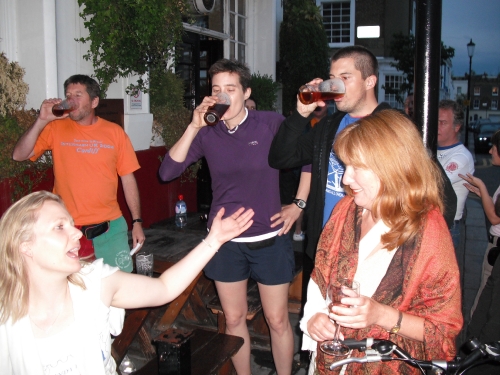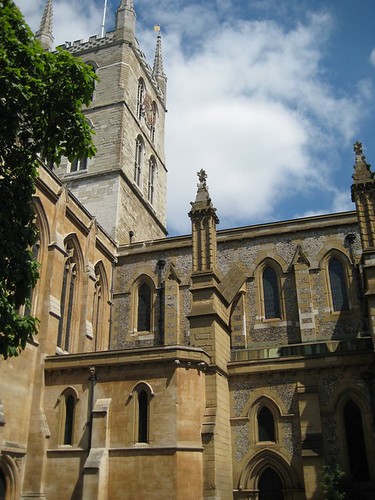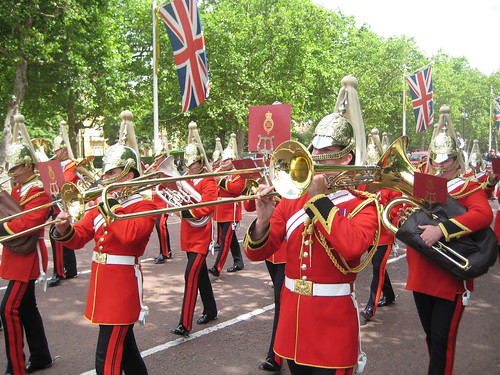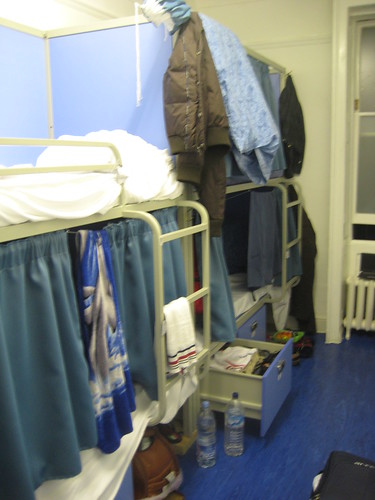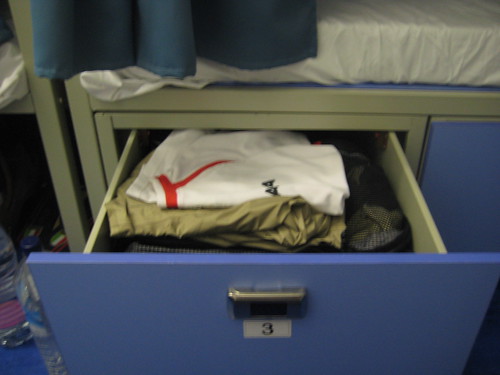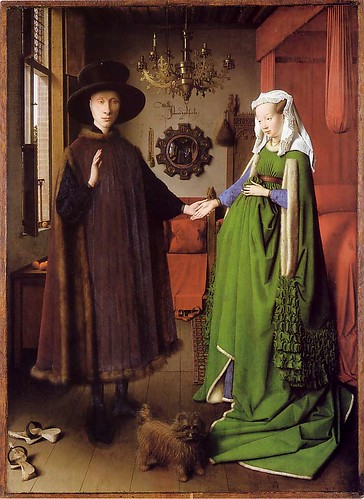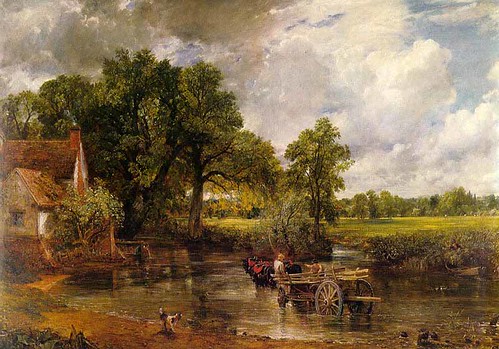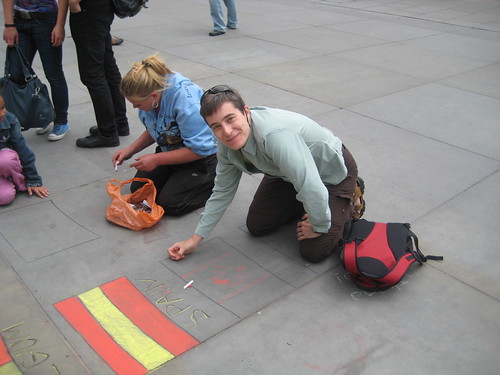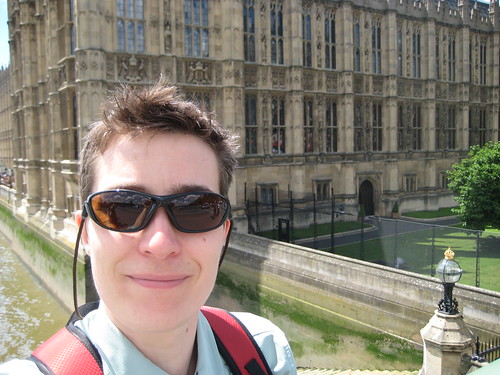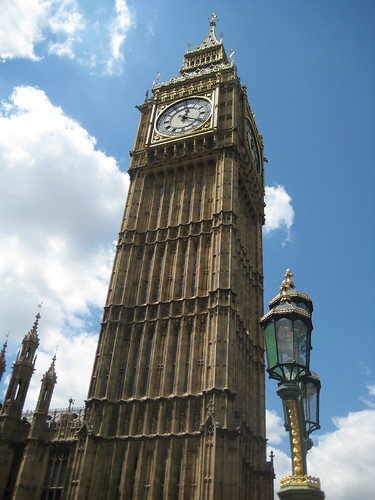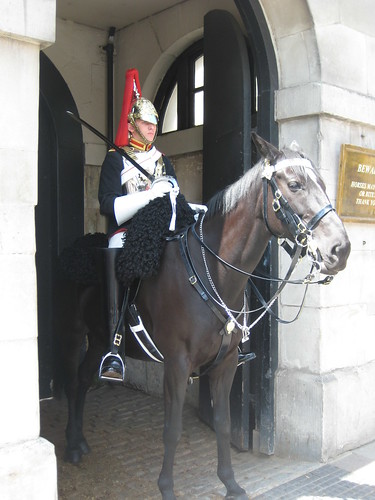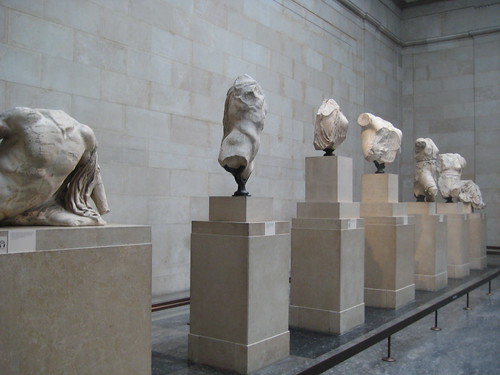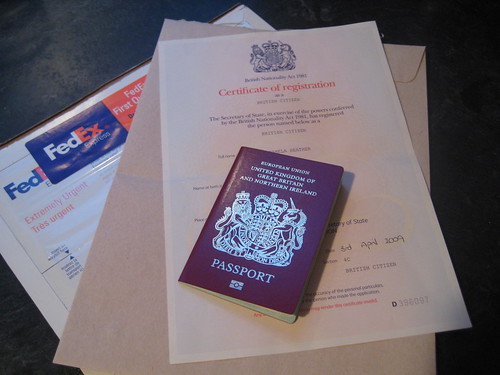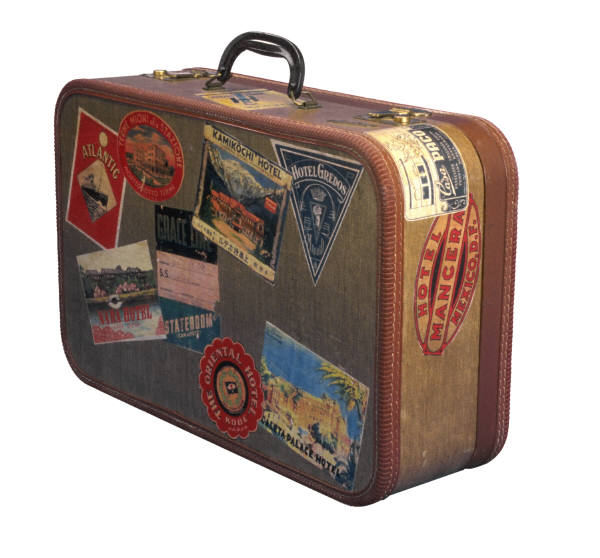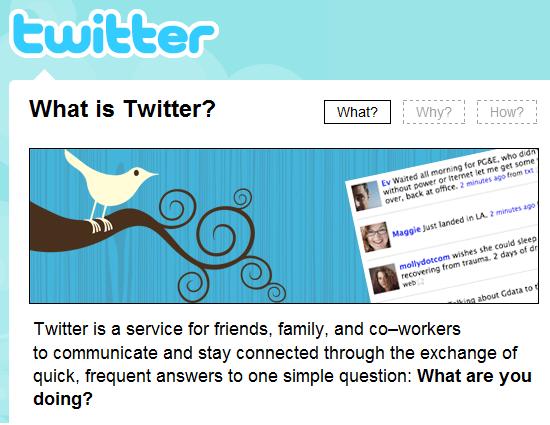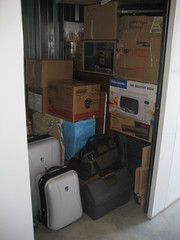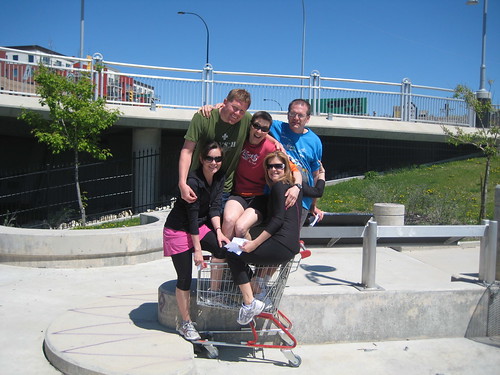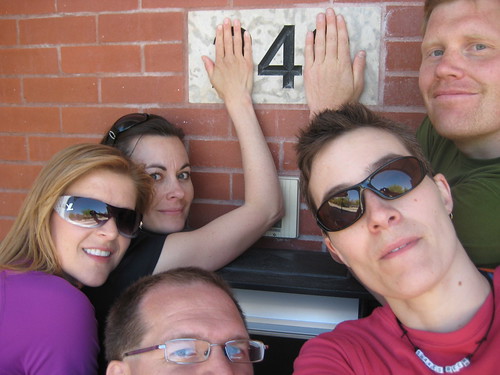It's Day 14 as I write this, and if my trip will be 50 weeks long, that means it's already 4% over. I was really negligent in recording my thoughts and impressions for those first two weeks, though I'm trying to catch up now with a journal. It seemed that there were far more interesting ways to spend my time than by writing things down. I'm now trying to make a habit of writing a little bit each day, and I'm slowly trying to remember things from those first 14 days too.
London was, in a word, fantastic. I'm sitting here at a bit of a loss for words because I'm not sure where to start, so I'll try Day One:
I am really really glad that I looked up the London Hashers. I thought it might be a bit ambitious to arrive at 8:25am after a trans-Atlantic flight, and then be in any shape to hash the same night, but it turned out to be a great plan. The London Hashers were friendly and fun, and it was a great start to the trip. Rather than being an anonymous tourist in a sea of other tourists (and London is a sea of tourists), I was welcomed as an individual, and learned people's names, and made some real connections. In fact, it was so much fun that I went the next night to run with the City Hash. (There are lots of different Hash groups in London. If I'd wanted to, I could have run on Wednesday in West London. There seems to be quite a bit of overlap between groups, but also some friendly rivalry.) Hashing was great, and if it turns out to be this good in the other places I visit, then that will be a fine thing indeed.
Seeing the sights was also quite great. Here's a quick list of the stuff I saw in about 10 days: the British Museum, Trafalgar Square, Piccadilly Circus, the Houses of Parliament, Big Ben, the National Gallery, the British Library, the London Transport Museum, Covent Garden, Buckingham Palace, Westminster Abbey, the reconstructed Globe Theatre, the Cabinet War Rooms, the Churchill Museum, the Tower of London, the O2, Hyde Park, Speaker's Corner, Kensington Gardens, Regent's Park, Greenwich, blah blah blah... At each place I felt like I could have stayed for 3 days, and each place I visited was only one on a list of hundreds more that I didn't see. I could spend a year in London and not see everything, so it was all a bit overwhelming. At the same time, though, it was almost a relief. I mean it's so impossible to cover it all that you just have to let things go. I also figure that this isn't your average 2-week vacation, wherein one might be expected to cram in every possible attraction in a 50-mile radius. This is not a sprint... it is a marathon, and as such, pacing will be critical. I don't want to make the rookie mistake of starting too fast.
And here's a taste of what I missed: either of the Tate Galleries (Modern and British), the Victoria and Albert Museum, St. Paul's Cathedral, Tower Bridge, the Natural History Museum, Portobello Road Market, Canary Wharf, the London Eye, the National Portrait Gallery, the Imperial War Museum, St. Martin-in-the-Fields, Madame Tussaud's, the London Zoo, blah blah blah. And really, I'm not particularly bothered. I just have to be confident that some day I will be back, hopefully sooner rather than later. Perhaps even next weekend.
And here are a few thoughts, somewhat randomly presented, on London, and England, and the trip and whatever:
1. It is absolutely worth the money to pay for a good, knowledgeable guide at major sights rather than bumbling around on your own, not sure of what you're looking at. England has a guild of Blue Badge guides who are highly trained and accredited and are totally brilliant. I'm at the point now where I'm not interested in anything anyone has to say unless they're wearing a blue badge. I hooked up with Blue Badge guides mostly through London Walks - a company that operates about 12 zillion different walking tours throughout London and the surrounding area. Each one starts at a tube station, and troops you around various sights led by a Blue Badge guide. I did London Walks through the National Gallery, around Westminster Abbey, through "Christopher Wren's London" and at the Tower of London. Each time I was totally convinced that it was worth the £7.00 for the commentray, anecdotes and information the guide provided. The National Gallery and Wren tours were quite small, but the Westminster Abbey and Tower of London ones were huge. However, despite the size of the group, I really didn't feel like I was short-changed at all. The trick is to stick close to the guide, and leave to stragglers to their fate. London sight-seeing is not for the weak of body or spirit. Both my big tours were conducted by the same guide - Brian. He was great - loud and funny and had lots of stories, and fielded every question I asked him, including the one about the odd species of trees planted in St. James's Park. I'm not convinced that all his anecdotes were entirely truthful, but they were fun and evocative, so who cares?
3. Something else that strikes me is that the entire island is so thoroughly inhabited. Compared to Canada, it's positively tiny, yet the population is almost 61 million. There are some many people, and they've been here for so long that the entire place has been completely surveyed, mapped, occupied and tromped across for hundreds and hundreds of years. It's completely civilized, and I don't mean that in the "raised pinkie" sense. It's odd compared to Canada where there are vast areas of land where no one has ever set foot. I'm told Scotland is a bit more wild, but here in the south, it's anything but.
4. In North America a road might called "Milk Maid's Lane" so that it will sound charming and historical and hence fetch an extra $10,000 per property lcoated there. Here, a road is called "Milk Maid's Lane" because in the 15th century, that's where actual milkmaids lived or worked. And there are a thousand Milk Maid's Lanes.
 Look closely at the street signs, and remember I saw "Priscilla, Queen of the Desert" the night before.
Look closely at the street signs, and remember I saw "Priscilla, Queen of the Desert" the night before.And now, from the last entry in the diary of Sir Walter Scott (original of which on display at the British Library):
"It seems a pity, but I do not think I can write more."

